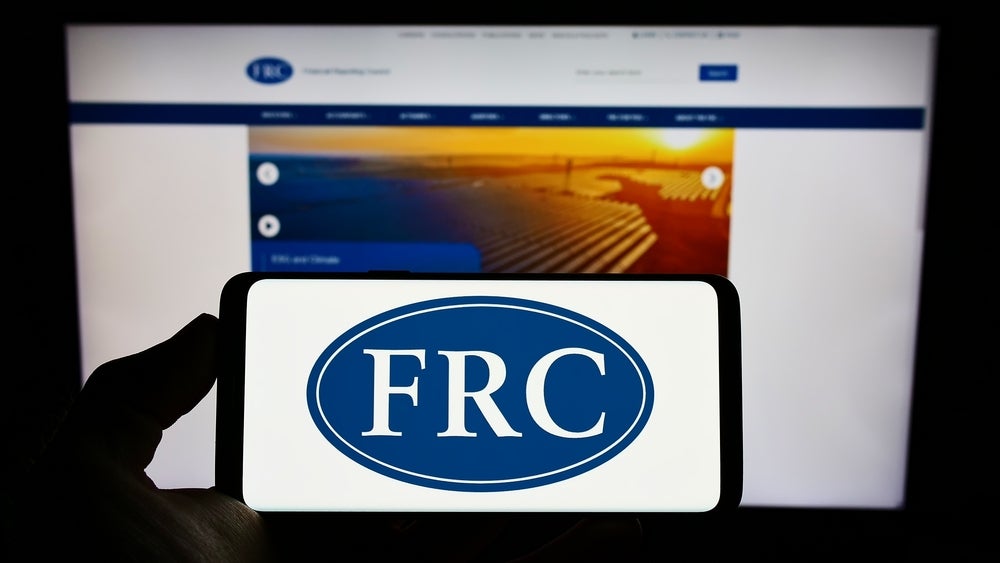Whilst the UK has one of the most effective anti-money laundering regime (AMLR), there is room for improvement, a survey by the Consultative Committee of Accountancy Bodies (CCAB) has found.
The survey revealed that participants had a positive perception of the UK’s AMLR and perceived it as among the best regimes globally. However, participants said that the regime could be improved with better communication and cooperation between all stakeholders.
The survey entitled Coming out in the Wash: views on the UK’s Anti-Money Laundering Regime was conducted by Brunswick Insight on behalf of CCAB and based on interviews with 31 senior opinion leaders from the media, the wider business community, supervisory and regulatory bodies, law enforcement agencies and senior nominated money laundering officers from large and small accounting firms across the UK.
Speaking at the launch event of the survey on Monday, CCAB chairman and Northern Ireland department of justice director of safer communities said: "Money laundering is a serious global issue, if you fail to comply [with the AMLR] people will die, money laundering is not only a white collar crime."
It is a crime that has strong link with the funding of terrorism activities, with the practice of modern slavery and organized crime, he continued. "Money laundering hurts real people and communities."
Looking at the role of accountants in the AMLR, the survey revealed that while accountants are increasingly seen as gatekeepers of financial probity, there is a low awareness of how accountancy practices contribute to tackling serious financial crime.
How well do you really know your competitors?
Access the most comprehensive Company Profiles on the market, powered by GlobalData. Save hours of research. Gain competitive edge.

Thank you!
Your download email will arrive shortly
Not ready to buy yet? Download a free sample
We are confident about the unique quality of our Company Profiles. However, we want you to make the most beneficial decision for your business, so we offer a free sample that you can download by submitting the below form
By GlobalData"None of the regulatory, law enforcement or wider business participants were able to cite concrete examples of how the accountancy profession has engaged effectively," the survey read.
However participant said that professional institutes, member bodies and regulated firms take their responsibilities and obligation seriously. And practitioners tend to view implementation of the regime as a social duty rather than a business benefit, according to the survey.
AML EU directive
The CCAB survey come less than a week after the European Union (EU) Permanent Representatives Committee (Coreper) had agreed on behalf of the Council of the EU (Council) a negotiating mandate on new rules to fight money laundering and terrorist financing.
The proposed new rules, commonly known as the Fourth Money Laundering Directive (4th AML), would require unrestricted access to beneficial ownership information for competent authorities. Panel member at the launch event of the CCAB survey and BDO partner Angela Foyle said that it was yet unclear how much of these information will be publicly available.
"One version of the rule would be that this information would only be available to regulators," she explained. "Meaning that practitioners like me wouldn’t be able to access it, and this is invaluable information to help people like me in their decision making."
Foyle also expressed some concerns about the creation of a level playing field at European level with jurisdictions which do not share the same level of enforcement.
"At the European Union they are treating the whole of Europe as if we have the same level of enforcement," she said. "But some countries do not have regimes as sophisticated as the UK’s and there is a risk that information would fall in the wrong hand when sharing information from one country to another."
The sharing of information between financial intelligence units is essential in the AML fight, she continued, but there are some concerns as to how it needs to be done.
The trialogue negotiations between the Council, the European Parliament and the European Commission on the 4th AML will start in autumn.
Related article:
Coreper agrees negotiating mandate on money laundering





